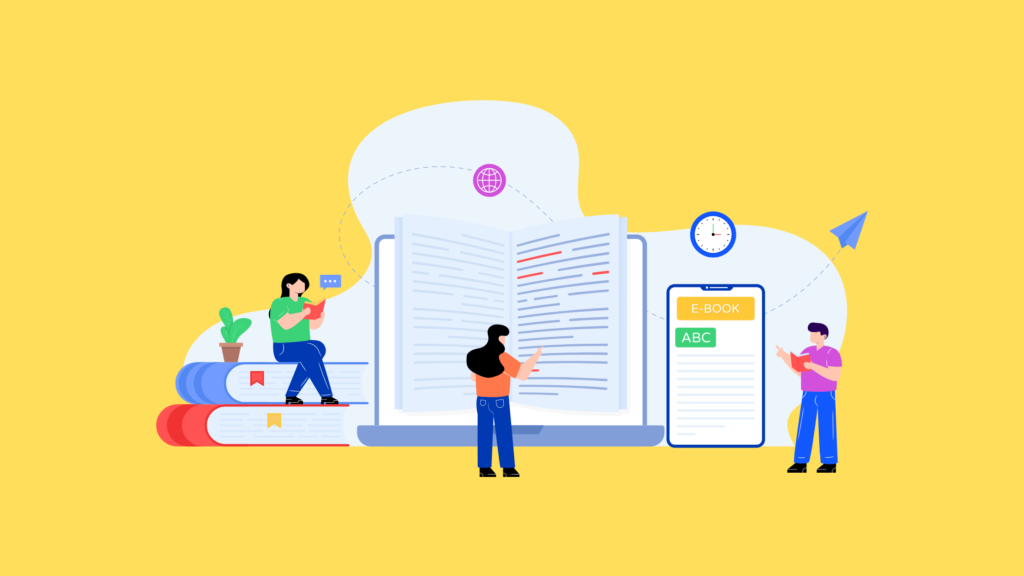A storyboard speaks 1000 words…or more 🤯
It is one of the quickest and cheapest ways to experiment.
Especially when you want to get MORE precise FEEDBACK while conducting interviews and surveys.
What is a storyboard though?
It is simply a sequence of illustrations that visualise the CRITICAL moments of a story.
It could be any story…especially your business story 🙌 🙌
At Bayer, when we were in collaboration with Strategyzer, we learnt the storyboard way of experimentation.
That is, storyboarding helped us bring out our VALUE PROPOSITION i.e. how you will solve a real PROBLEM for CUSTOMERS.
When you have something to look at — a visual, an illustration, a to-do-list — it’s much easier to understand than wordy documents.
It’s also easier for customers to relate to your value proposition when they envision themselves in a scenario where they are actually using your product or service.
So what exactly is the purpose of storyboarding? 👇👇👇
To understand and map CUSTOMER EXPERIENCE.
YES!!
Storyboards create a visual story of your idea. They help you outline your customer journey. Your team can see what needs to happen and in what order.
They force you to think – about:
1. Who the customer is? (This could come in the form of a name of the character/persona in a storyboard)
2. What problem he/she is facing? What is the situation when they face this problem?
3. How do they feel they face this problem? What is their state of mind?
4. How do they then discover your solution?
5. How do they use your solution to solve their problem at hand?
6. How does their life change after the problem is solved?
When can you use storyboarding?
You can use Storyboarding in combination with:
1. Problem Interviews – to visualize the problem the customers face and when (which surroundings) they might face this.
2. Surveys – to ask close ended question around the visuals/illustrations they are looking at.
3. Problem Landing Page: Put the visuals/illustrations on the landing page to tell a story and collect emails from users if they feel the pain and want to know more about the solution.
4. Design Prototype – Convert the storyboard into a visual design prototype of the solution – which can further be tested for solution with users.
Storyboarding is a great way to COMMUNICATE with your customers and see what responses you get.
What does storyboarding measure?
Storyboarding helps you map customer experience and then translate it to a ‘WOW’ experience.
Airbnb used storyboarding to uncover hidden patterns for its customers.
They started out by designing three storyboards for their three key processes:
- Host process
- Guest process
- Hiring process
The purpose of these storyboards was to ALIGN everyone in the company around the critical elements of the customer experience. And from there, they went on to create the greatest customer experience.
When we founded Airbnb in 2008, our dream was to help create a world where you could belong anywhere, and that vision has taken root in almost every country in the world. – Nathan Blecharczyk, co-founder and chief strategy officer of Airbnb.
If creating great customer experience is the highest priority in your company, then STORYBOARDING will help you:
Empathize with your customers
By creating a storyboard, you can understand your customers deeply. You can map, or even empathise and feel the emotions and moods of your customers at every step of their customer journey.
Map your customer journey
A Storyboard will help you depict the different steps your customers takes end to end — from the first time the customer hears about your product/ service, up to the time they have consumed it.
Know what you’re missing
Storyboarding will help you uncover steps that you might miss out on. It will help you map out all the ingredients needed to create a great customer experience.
Choose key moments
Storyboarding should look and feel manageable. That’s why you must map first only the most important/key moments in your customer’s journey.
For example, 15 is a good number of moments.
Build a roadmap on those key moments
Once you have chosen your key moments, you can figure out what your customers expect and what you can provide in those key moments.
Fill the gaps
A storyboard will help you see the gaps at various steps of the customer journey — Where are you failing to fulfill your customer expectations? This could be a chance for you to provide a WOW customer experience.
Go for it!!
✅ Say yes to Storyboarding and combine it with Customer Interviews
✅ Storyboarding is all VISUAL and a lot more effective than lengthy explanations
✅ If there is a problem, Storyboarding brings it out immediately
✅ Storyboarding gets straight to the CRUX of the message and can get everyone on board in a couple of minutes
✅ Storyboarding is inexpensive and can be done quickly
✅ Even bad storyboarding will get you more engagement from your team than a nicely worded document

